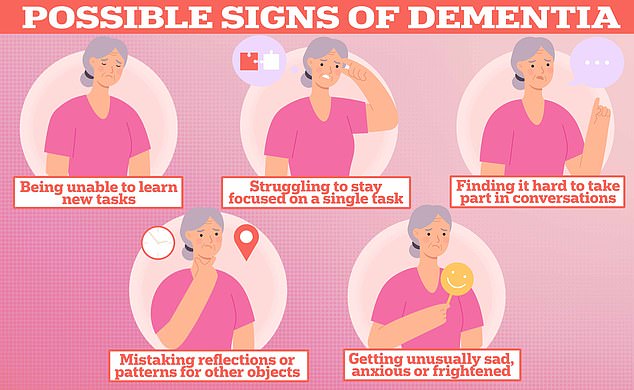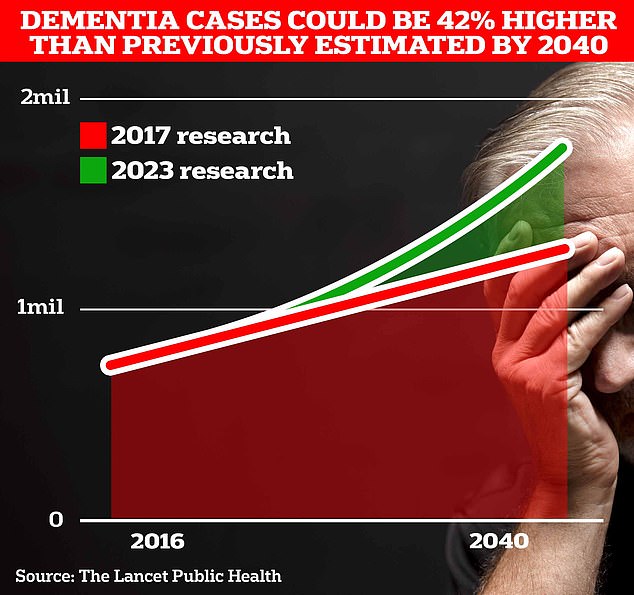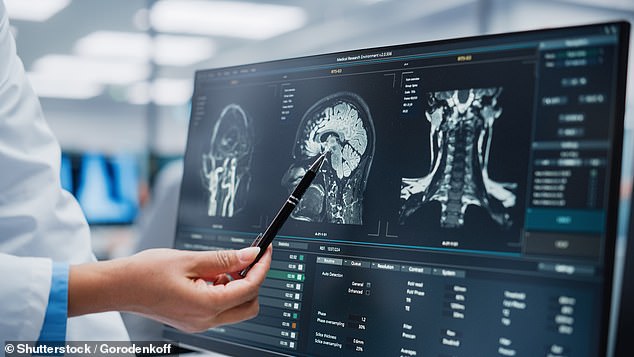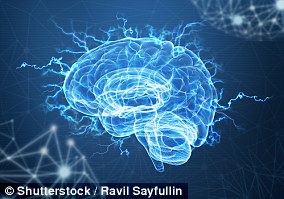According to NHS data, the number of people diagnosed with dementia in England has reached record levels.
New NHS figures reveal that 487,432 people had been diagnosed with some form of the disease in June, with Alzheimer’s being the most common type.
This figure represents an increase of 12 percent compared to January last year, when 431,845 cases of the disease were recorded.
The NHS said the number of sufferers was just 65 per cent of the total number of people estimated to have dementia in England – around 750,000.
Around 345,000 of the patients diagnosed with dementia aged 65 or older also suffered from one or more serious medical conditions, such as heart disease, stroke, diabetes or high blood pressure.
New figures reveal that 487,432 people had been diagnosed with some form of the disease in June, with Alzheimer’s being the most common type.
Statistics also show that dementia can affect younger people: around 33,950 of those with the disease were diagnosed before the age of 65.
There were 193,102 people who, although not diagnosed with dementia, were found to have mild cognitive impairment, considered a precursor to dementia.
The NHS said it wants to meet its target of diagnosing a third of the total number of people estimated to be living with dementia.
England has one of the highest rates of dementia diagnosis in the world; in high-income countries the figure typically ranges from 20 to 50 percent.
NHS England is screening care home residents to help identify people who may have dementia.
A timely diagnosis is vital to ensure that more people receive the support and care they need to live with the disease.
The health service is appealing to people to come forward and get tested if they have any common early signs or symptoms.
Dr Jeremy Isaacs, NHS England’s national clinical director for dementia, said: ‘Getting a diagnosis of dementia is the first step in supporting people, and there are a wide range of NHS services that can help.
‘NHS staff have worked hard to get services back on track with the number of people diagnosed rising significantly over the past year, and now at a record level, but there is more work to do.
‘Thousands more people are diagnosed every month and more medication reviews are carried out within a 12-month period.
‘Common early symptoms of dementia include forgetting bits of information, repeating the same thing over and over, having difficulty following a conversation or finding the right word, and being confused about time and place. These problems will usually be more noticeable to the person’s family and friends than to the individual themselves.
‘If you’ve noticed someone has symptoms, encourage them to visit their GP for an assessment – the sooner you see that person, the quicker the NHS can help.’
Alzheimer’s Society policy director Dr Alex Osborne welcomed the progress but stressed the importance of early diagnosis.
She said: ‘An early and accurate diagnosis is vital to unlocking care, support and treatment.
“We are close to meeting the current target of a 66.7 per cent diagnosis rate, so we would now like to see new bold, ambitious but achievable targets set for the future to ensure everyone gets the diagnosis they need.”

But they can also be a sign of dementia, the memory-destroying disease that affects nearly one million Britons and seven million Americans.

Around 900,000 Britons are currently thought to have the memory-impairing disorder. But scientists at University College London estimate this figure will rise to 1.7 million within two decades as people live longer. This is a 40% increase on the previous forecast in 2017.
Experts also say better diagnosis is also key to giving patients access to revolutionary new drugs that can slow the progress of Alzheimer’s in its early stages.
These drugs, called donanemab and lecanemab, can only be used if patients undergo very specific diagnostic tests, but currently only a small fraction of patients in Britain receive them.
As people live longer, the number of people diagnosed with dementia is expected to increase.
The NHS estimates that by 2030 there will be 1 million people with Alzheimer’s, and by 2040 the Alzheimer’s Society estimates that 1.4 million people will have the disease.


